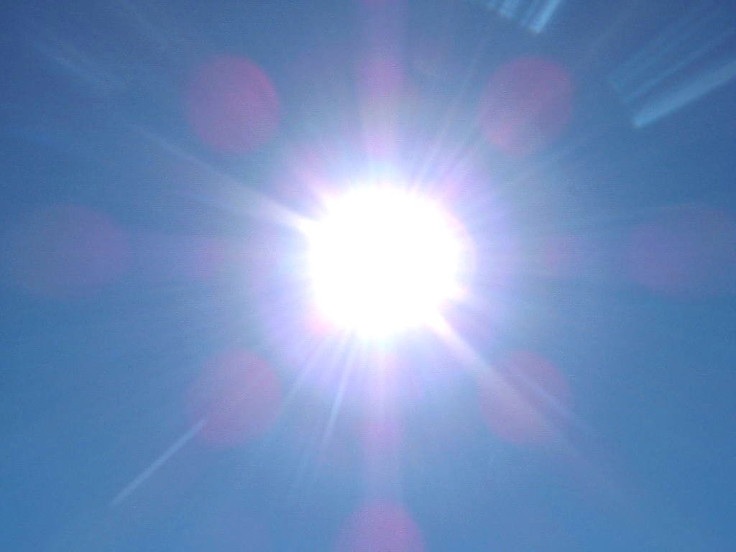Heat Wave Fatalities Reported: Elderly Man In Las Vegas, Migrants Attempting To Cross The Border

Extreme heat continues to plague the Southwestern states, with weekly forecasts offering no relief from the sweltering three-digit temperatures that have so far claimed several lives and hospitalized many more. Reuters reports that on Saturday, cities in California, Nevada, Arizona, Idaho, Colorado, Utah, and Texas all recorded temperatures exceeding 100 degrees.
Meteorologists explain the heatwave as the result of a vast, stagnant high-pressure system trapping hot air.
"Daytime highs will yet again dangerously soar well past the century mark and overnight lows will barely drop into the seventies and eighties," the National Weather Service said on Sunday. "Triple-digit temperatures will expand north through the Intermountain West and all the way to the Canadian border."
Local paramedics report a growing number of heat stroke cases. In Las Vegas, where temperatures reached 115 degrees on Saturday, an elderly man was found dead in his apartment from what appeared to be medical complications brought on by extreme heat and a lack of air-conditioning. Similarly, a man driving without air-conditioning was forced to pull over and call 911 from a Nevada highway shoulder, where he was later picked up by paramedics and hospitalized in serious condition.
The Associated Press notes that at Lake Mead, Nev., rangers are persuading hikers to stay off the trail for now. In Phoenix, zookeepers are hosing down the elephants and feeding the tigers frozen fish snacks.
In the Los Angeles area, scores of people have already sought care at local hospitals for a variety of heat-related illnesses.
The rampant dehydration, exhaustion and heat stroke cases are boosted by the number of migrants succumbing to soaring temperatures while attempting to cross the U.S border. Brent Cagen, a spokesman for the Tuscon sector of the U.S. Border Patrol, told reporters that more border agents had been added on the American side after officials found the bodies of three migrants attempting to enter Arizona illegally.
Cities and towns are now opening air-conditioned “cooling centers” in community centers, homeless shelters, and libraries in order to keep at-risk demographic groups — the young and the elderly — from prolonged exposure to the dangerously high temperatures.
With the Fourth of July holiday approaching, local spokesmen for fire departments express additional concern about the increasing temperatures, as stray fireworks may potentially ignite brushfires in areas where conditions are particularly dry.
Health officials stress that the threat is not limited to dehydration, exhaustion, and heat stroke, as the asphalt in several cities is now hot enough to burn skin and leave pets blistered.



























